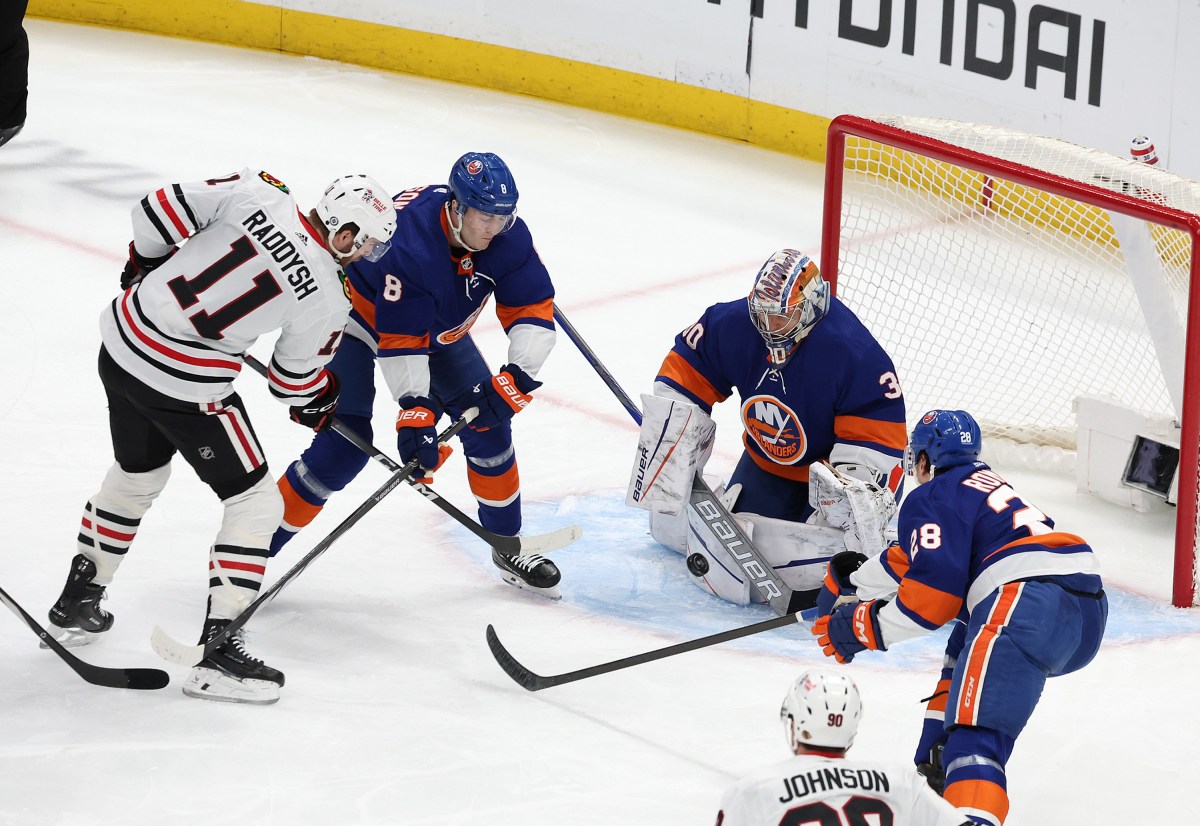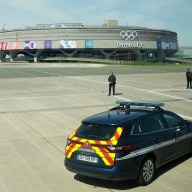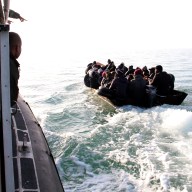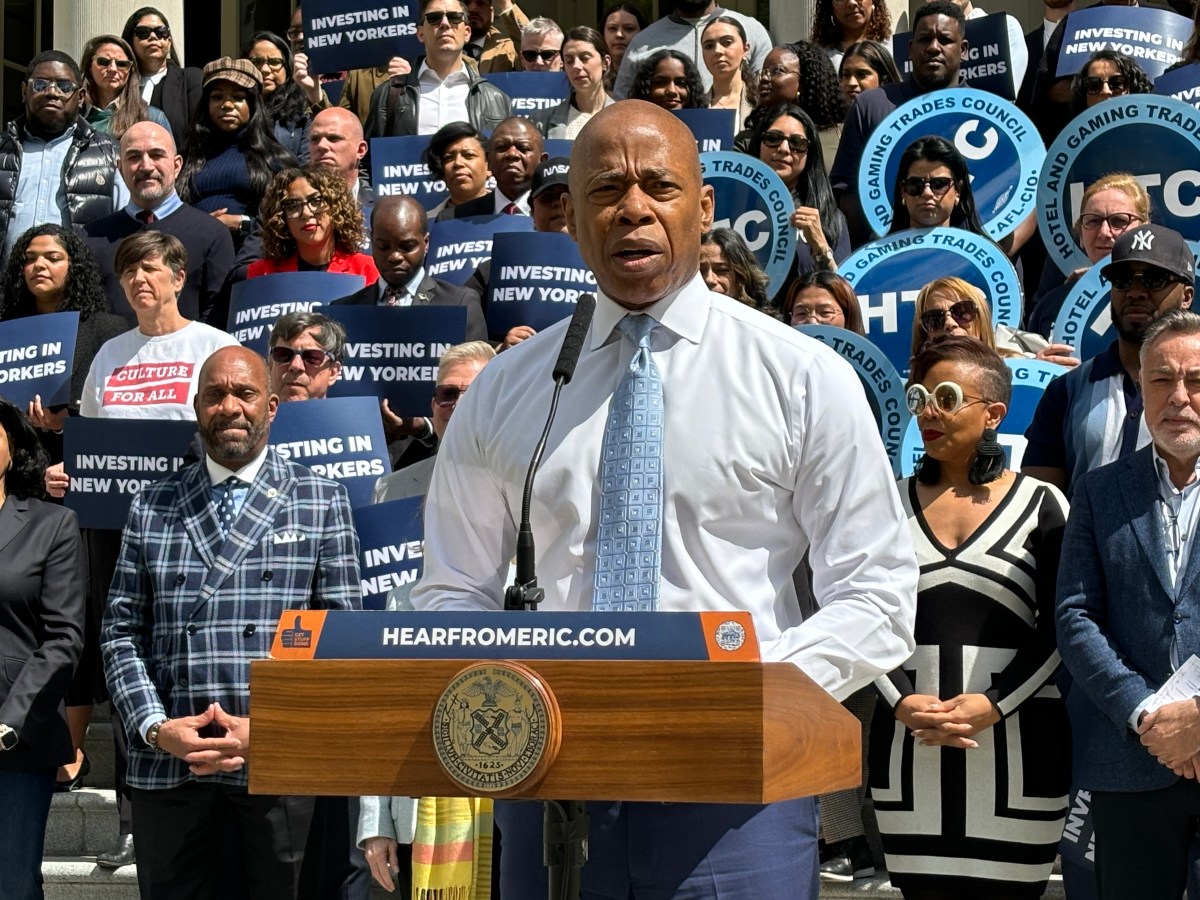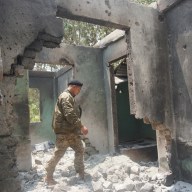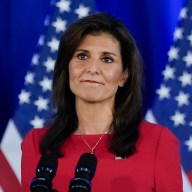By Phil Stewart
WASHINGTON (Reuters) – Russia should allow observers, including Western journalists, to attend upcoming military drills that could again put Ukraine on edge just as Russian President Vladimir Putin has sharpened his rhetoric, the commander of the U.S. Army in Europe told Reuters. The comments by Lieutenant General Ben Hodges came as Ukraine accuses Russia of amassing more than 40,000 troops in Crimea, a Ukrainian peninsula seized by Moscow in 2014, and on the Ukrainian border. Ukraine’s U.N. ambassador, Volodymyr Yelchenko, warned this week that the Russian forces could reflect “some very bad intentions.”
Hodges declined to offer estimates of Russian forces or speculate about Putin’s intentions ahead of pre-announced, large-scale exercises in Russia’s south that are expected to include Crimea. But he said Russia could help address concerns by following the example of military drills led by the United States and its allies in Europe, to which Russia was allowed to send observers.
“The Russians could really help alleviate and provide some stability if they had invited observers,” Hodges said. “That would do a lot, frankly, to lower anxiety.”
A U.S. intelligence official called the absence of observers at the Russian exercises “a worrisome development that we hope is just an oversight.”
A spokeswoman for the U.S. Army in Europe said Russia sent observers to the “Anakonda” exercises in Poland in June, which included some 31,000 forces from countries including Poland, the United States and other NATO allies and partners. The Russian Defense Ministry said in December that its main military exercise for 2016 would test its Southern Military District troops, which now includes Crimea and Russia’s Black Sea Fleet. It said the drills – called Caucasus-2016 – would take place in September. Washington rejects Russia’s annexation of Crimea.
The Russian Army’s Red Star newspaper in January quoted Colonel-General Alexander Galkin as saying the exercise would check combat readiness and test how air, sea and land forces collaborated together. “There’s nothing wrong with an exercise. It’s … the lack of transparency,” Hodges said.
RISING TENSIONS
The September exercises appear poised to take place at a moment of rising tensions. Putin this week pledged to take counter-measures against Ukraine after accusing it of sending saboteurs into Crimea to carry out terrorist acts. U.S. Vice President Joe Biden urged Ukrainian President Petro Poroshenko on Friday “to do his part” to avoid escalating tensions with Russia and told him in a phone call that the United States had asked Moscow to do the same. At the Pentagon, spokesman Gordon Trowbridge dismissed Russian accusations about Ukrainian saboteurs, saying the United States had no information to support them. But he appeared to downplay concerns about recent Russian troop movements, saying Washington was more focused on rhetoric from Moscow. “We don’t necessarily see any evidence of troop movements that are so large that we are concerned about those on their own,” Trowbridge said.
U.S. officials, speaking to Reuters on condition of anonymity, said they saw no firm indications of any new Russian military activity pointing to fresh intervention in Ukraine.
One U.S. official noted a recent rotation of several divisions of Russian forces into Crimea to relieve an equal number, which have since departed.
Pro-Russian separatists are fighting the Kiev government’s forces in the eastern Ukraine region despite a fragile ceasefire. Civilian casualties from shelling, mines and booby traps in eastern Ukraine are at their highest in a year, the United Nations’ human rights chief has said. A peace plan for the eastern Donbass region of Ukraine, negotiated in Minsk between Ukraine and Russia by Germany and France some 18-months ago, has stalled for months.
The Pentagon voiced alarm this week about escalating violence, noting that attacks by pro-Russian separatists killed 40 Ukrainians and wounded 170 in July alone.
Hodges cautioned that Moscow had “no incentive” on its own to see things stabilize in Ukraine.
“That’s why … the OSCE (the Organization for Security and Co-operation in Europe) and the rest of the West and the EU and all have got to maintain pressure,” Hodges said, praising commitments by the United States and its allies during the NATO summit in Warsaw last month. (Reporting by Phil Stewart; Additional reporting by John Walcott and Eric Beech in Washington and Andrew Osborn in Moscow; Editing by David Gregorio and Leslie Adler)


